Your Impact: Research
-
-800-sqsh.jpg?sfvrsn=ac604bb_0)
School of Education & Human Development Projects Selected for FundingOpens in a new window
Aug 11, 2023Faculty in the School of Education & Human Development are incredibly productive researchers. They nearly tripled research grant success last fiscal year, securing more than $17.1 million in multi-year external funding for projects that prepare, advance and inspire education and mental health leaders while growing a more diverse workforce.Opens in a new window Full story -

Unprecedented Improvements Lift Denver Students
Mar 8, 2023If you were a student in the Denver Public Schools between 2008 and 2019, you may not have realized it at the time, but you were likely benefiting from the most comprehensive and effective education reform initiative in the history of the United States. You were learning more than students in other comparable Colorado school districts, and you were more likely to graduate within four years than students from previous years.Full story -
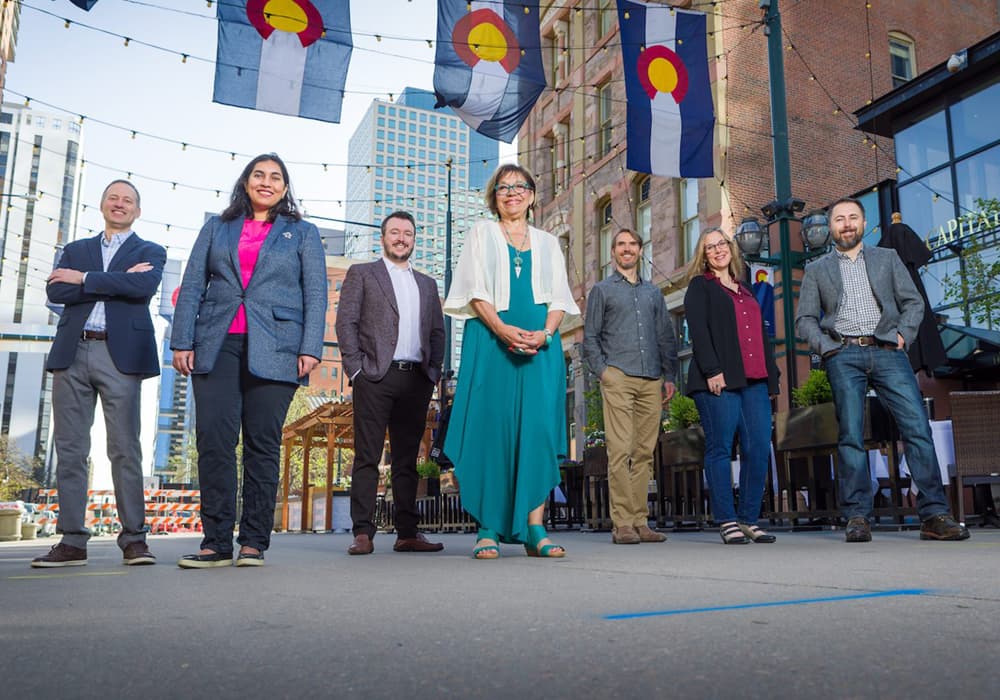
CU Denver CityCenter Announces 2022-23 TIAA Chancellor’s Urban Engaged ScholarsOpens in a new window
May 10, 2022One faculty member from each school and college has been selected to receive the TIAA Chancellor’s Urban Engaged Scholars award for the second year. Presented by CityCenter, this award recognizes the outstanding contributions of CU Denver faculty to the Denver-metro region through research and creative activities that drive our community forward.Opens in a new window Full story -
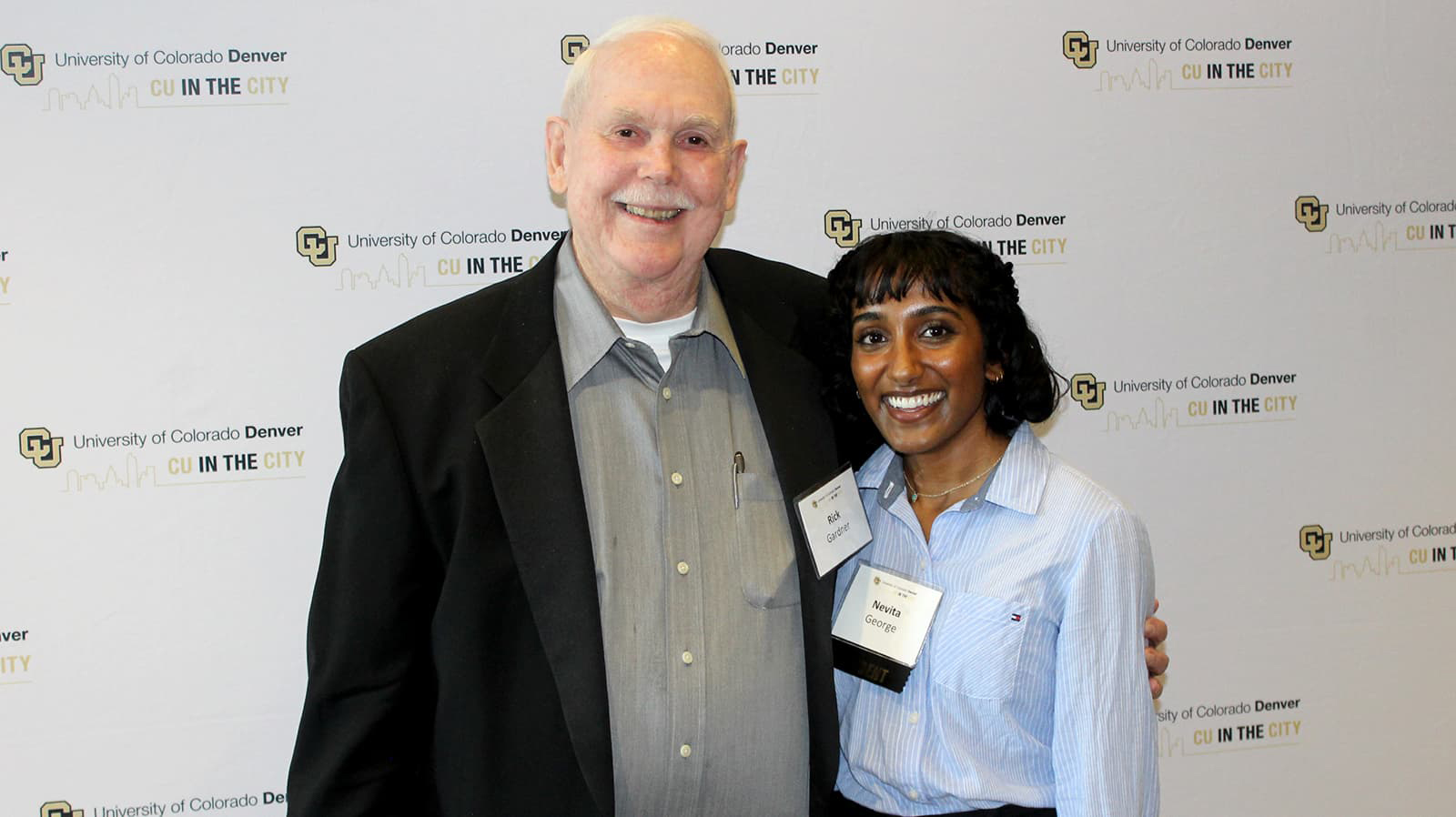
A Lifelong Passion Brings a PhD Student to the Pediatric Research in Equity & Prevention Lab
Mar 25, 2022Supported by the Rick and Elizabeth Gardner Doctoral Fellowship, Nevita George is pursuing a PhD in Clinical Health Psychology, focusing her research on health equity with a goal of reducing disparities in care and outcomes for young women of color.Full story -

School of Public Affairs establishes new Center for Policy and DemocracyOpens in a new window
Feb 24, 2022The new center, made possible by the foundational support of the Linda and Peter deLeon Fund for Policy and Democracy, is a multi-disciplinary hub of research, teaching, and community engagement focused on public policy and democracy.Opens in a new window Full story -

John Templeton Foundation Provides Grant to Study Religion, Spirituality, and HealthOpens in a new window
May 24, 2021Jennifer Boylan, PhD, assistant professor in the Department of Health and Behavioral Sciences, and Kevin Masters, PhD, professor of psychology, received a $230,000 grant from the John Templeton Foundation to explore our understanding of religion, spirituality, and health.Opens in a new window Full story -
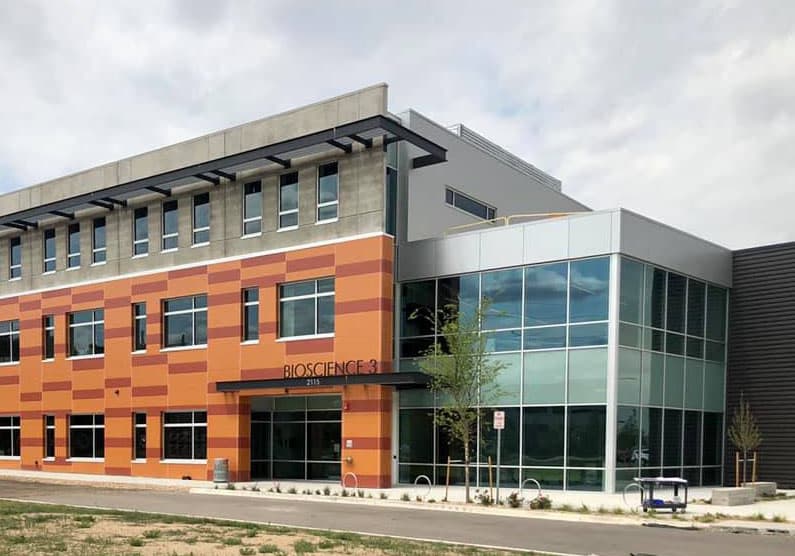
College of Engineering, Design and Computing Launches Medtech Innovation InitiativeOpens in a new window
Dec 1, 2020New strategic initiative on research and innovation in medical technologies will bring innovators in engineering and computer science together with those in medicine and healthcare to dramatically elevate discovery, translation, and workforce development.Opens in a new window Full story -

The Origins of Panhandling in DenverOpens in a new window
Jul 21, 2020Like many major cities and urban areas in the U.S., Denver has seen an increase in panhandling. Francisco Conejo, PhD, Senior Marketing Instructor/Researcher at the Business School, explored the fundamental causes behind the emergence of panhandling in Denver.Opens in a new window Full story -
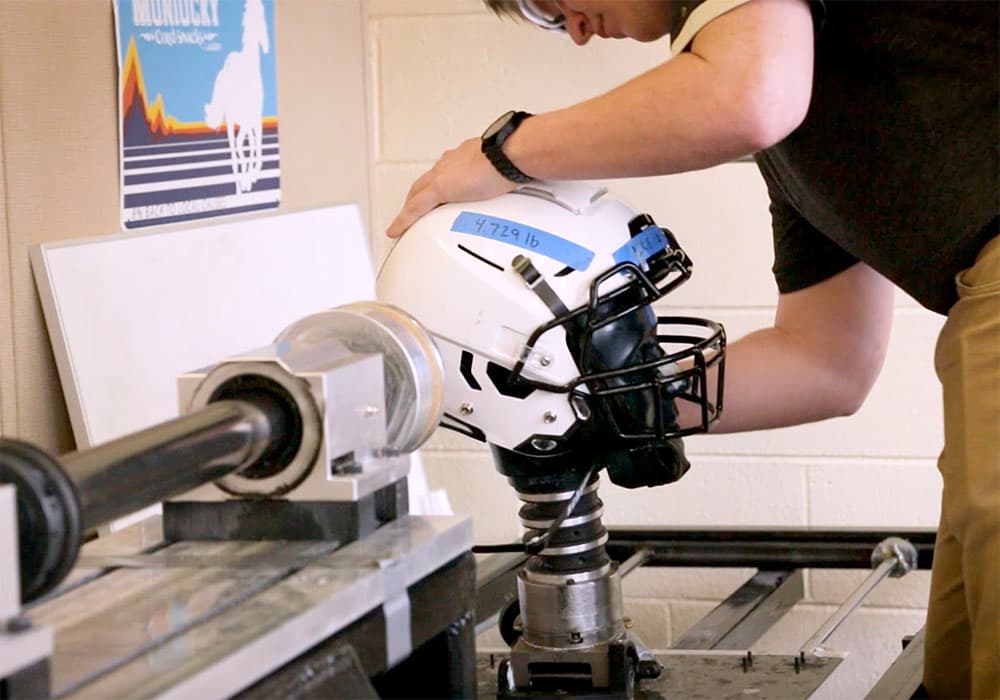
NFL Awards CU Denver, Impressio, Inc. a Grant for Helmet Safety
Jun 30, 2020The $491,999 grant will support Chris Yakacki, PhD, associate professor in CU Denver’s College of Engineering, Design and Computing and co-founder of Impressio, and his team’s work on the creation of innovative helmet prototypes.Full story -

Professor Works to Solve Problem of Affordable Housing in DenverOpens in a new window
Feb 13, 2020Through her research as an urban sociologist, Esther Sullivan examines the inequality of access to housing in at-risk areas, often unseen areas such as mobile home parks. Though mobile homes serve as the country’s single largest source of unsubsidized affordable housing, zoning regulations leave mobile home parks largely unprotected from urbanization. It’s a problem that is particularly acute in rapidly developing metropolitan areas like Denver.Opens in a new window Full story -
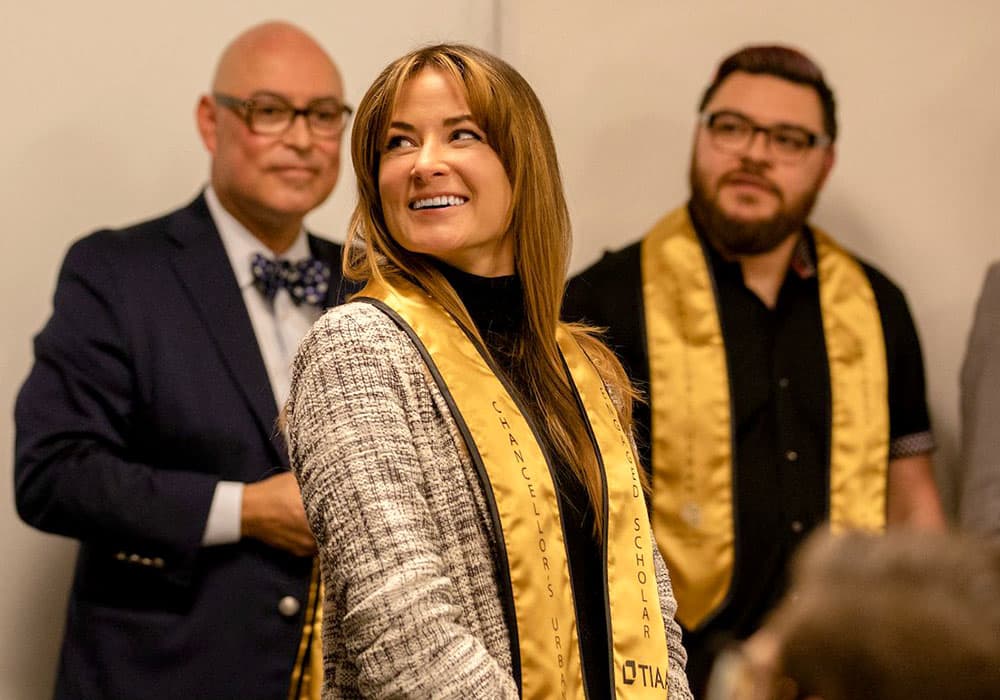
University and Business Leaders Honor Faculty for Urban ResearchOpens in a new window
Jan 17, 2020On Wednesday, Jan. 15, university and community leaders from throughout the region convened at CityCenter to formally honor the TIAA Chancellor's Urban Engaged Scholars as leading exemplars of how CU Denver serves as an asset to the city. Denver Mayor Michael Hancock commemorated the inaugural cohort of scholars by placing a gold stole over the following faculty members for their outstanding work.Opens in a new window Full story -
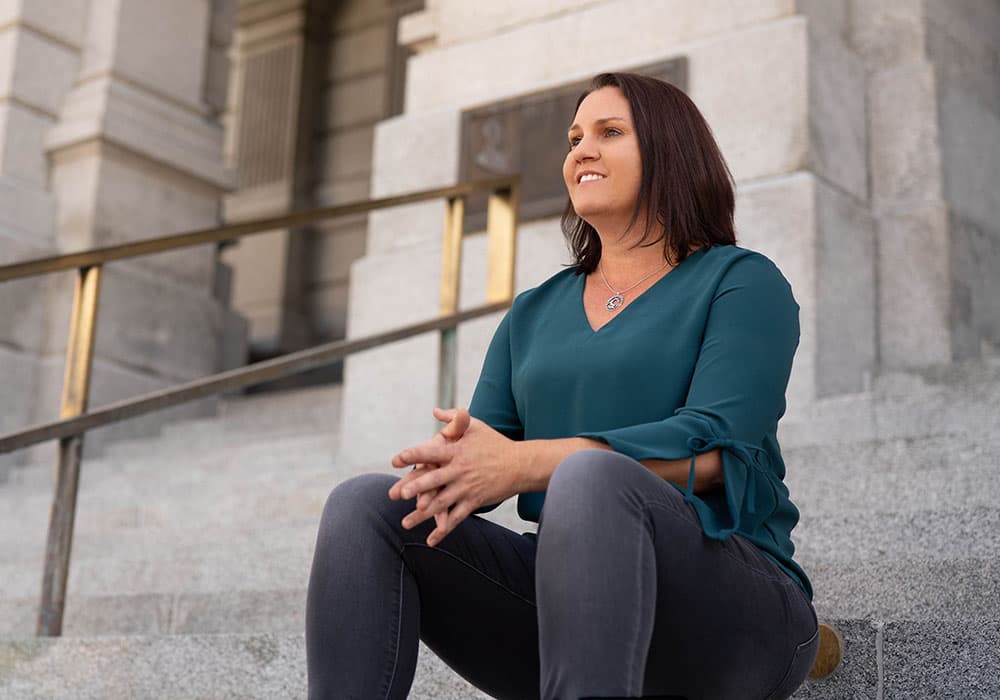
How social connectedness affects healthOpens in a new window
Oct 3, 2019Many Americans do not realize that what takes place in the formal healthcare system only affects 15% of the outcomes for an individual and their family. The other 85% is attributed to our social determinants of health, or SDOH, which include the social and economic barriers that people experience such as housing issues, food insecurity, transportation and mobility challenges, and access to economic opportunities.Opens in a new window Full story -
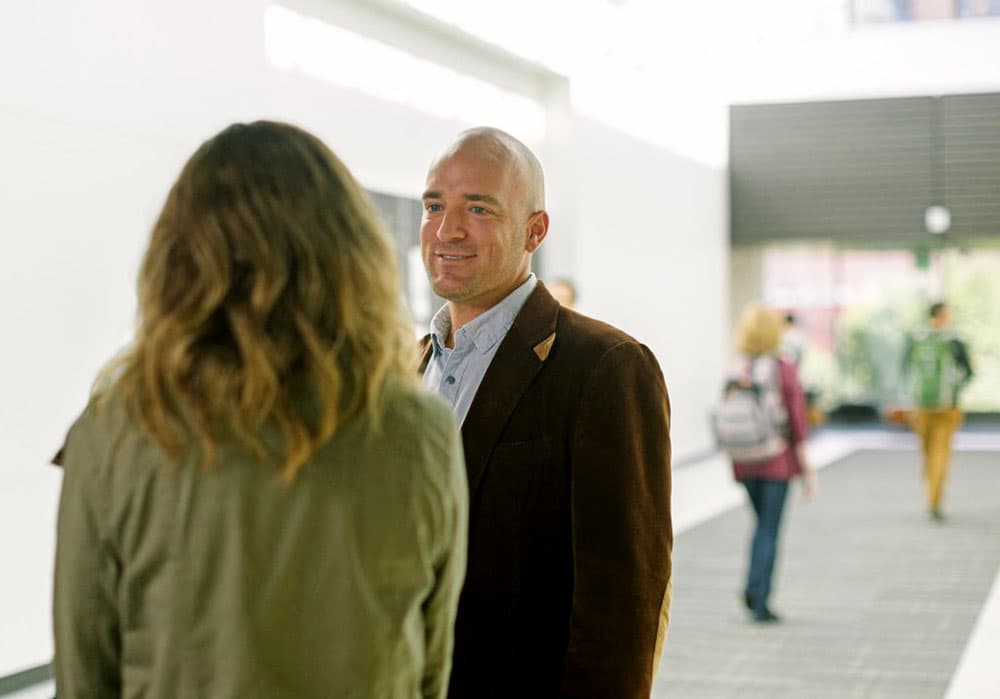
Four Steps to Stopping GentrificationOpens in a new window
Aug 29, 2019Average rents in the U.S. have more than doubled over the last 20 years, with the fastest growth in mid-sized cities like Denver. Now, there is not a single place in the richest country in the world where a full-time, minimum wage worker can afford an average two-bedroom apartment, so on any given night two million people in the U.S. sleep on the streets.Opens in a new window Full story